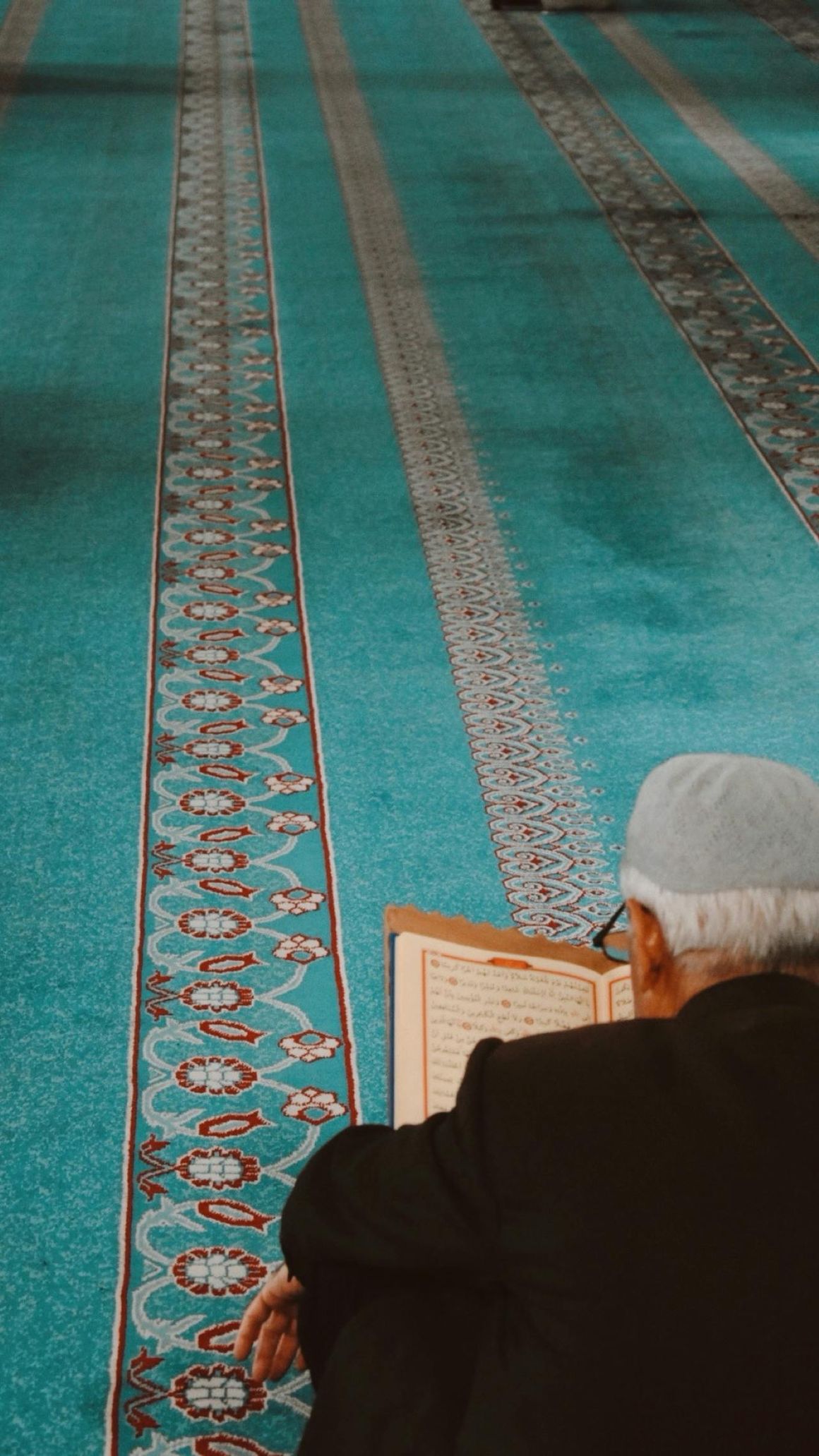Education is a vital component of Islam. It is deeply rooted in the principles and values of the religion. Prophet Muhammad (peace be upon him) once declared,
Seeking knowledge is obligatory on every Muslim.Prophet Muhammad
This statement highlights the importance of education in Islam and the Prophet's emphasis on acquiring knowledge.There are many reasons why education is highly valued in the Muslim community.
One important reason is that it enables Muslims to fulfill their religious obligations.
For example, without education, Muslims would not be able to understand the prayer, read and understand the Quran, conduct daily life in accordance with Islamic teachings, or distinguish right from wrong. Furthermore, education provides Muslims with the ability to contribute positively to society.
Islam encourages individuals to work hard, learn, and contribute to the betterment of their communities.
Hence, educating people allows them to become productive members of society and contribute to its growth and development. Education also helps Muslims to enhance their socioeconomic status. An educated person is more likely to find a good job, establish a solid financial footing, and improve their standard of living. Educated people, possessing in-demand skills, contribute to the economic growth of their society and country.
Despite the importance Islam places on gaining knowledge, some Muslim countries still have low education levels. There can be multiple reasons for this:
- Poverty: In many Muslim countries, poverty levels are high, making it difficult for families to afford education for their children.
- Lack of resources: Some Islamic countries might lack resources such as well-equipped schools, trained teachers, and educational materials required for quality education.
- Gender discrimination: In some Islamic countries, women are not allowed to receive education or are encouraged to drop out of school early. This limits the education opportunities for women, thereby reducing the overall literacy rates.
- Religious extremism: Some Muslim countries promote extremist ideologies that discourage secular and modern education. Such beliefs hinder the development of a sound educational system and discourage many young people from receiving an education.
- Political instability: Some Muslim countries suffer from political instability and conflicts, making it difficult for the government to provide quality education to its citizens.
- Corruption: Corruption in the education sector undermines the quality of education, leading to poor performance and lower enrolment rates.
Islamic teachings encourage education and knowledge, regardless of gender.
There are several examples from Islamic history where Muslim women were educated and held important positions in society. However, some extremist groups interpret Islam in a narrow and restrictive way, denying education to girls and women. This interpretation is not supported by Islamic teachings and is against the principles of equality and justice taught by Islam. Such extremist views are not only harmful to girls and women but also go against the fundamental values of Islam.
Here are a few examples of educated and influential Muslim women:
Aisha bint Abu Bakr (RA)
Aisha was the wife of Prophet Muhammad (pbuh) and played an important role in early Islamic history. She was known for her intelligence, wit, and knowledge of the Quran and Hadith, and is considered to be one of the foremost scholars of Islam..
Fatima al-Fihri
Fatima was a Muslim woman who lived in the 9th century and is credited with founding the oldest continuously operating university in the world, the University of Qarawiyyin in Morocco..
Nana Asma’u
Nana Asma’u was a princess, poet, and scholar who lived in what is now Nigeria in the 19th century. She was known for her extensive knowledge of Islam and played an important role in educating women and girls in her community..
Zaynab al-Ghazali
Zaynab was a prominent Egyptian Muslim leader and activist in the 20th century. She was known for her efforts to promote Islamic education for women.
These women, and many others throughout history, serve as powerful examples of the important roles that educated and influential Muslim women have played in shaping Islamic history and culture.
The Quran stands as a source of guidance and knowledge for Muslims. It highlights the importance of seeking knowledge in numerous verses.
He grants wisdom to whom He pleases, and whoever is granted wisdom is given a great wealth.Quran 2:269
Say, "Are those who know equal to those who do not know?" Only they will remember [who are] people of understanding.Surah Az-Zumar, Verse 9
Allah will raise those who have believed among you and those who were given knowledge, by degrees. And Allah is Acquainted with what you do.Quran 58:11
and say, "My Lord, increase me in knowledge."Quran 20:114
Because Islam places such importance on education & knowledge,
Muslims have made significant contributions to various fields such as mathematics, science, art, and philosophy to name just a few.
Which have had an immense impact on the world. Scholars such as Al-Khwarizmi, Ibn Rushd, and Al-Farabi are just a few examples of Muslims who have made unimaginable contributions to science and philosophy.
In conclusion, Islam puts a great emphasis on education and knowledge. The Quran, Hadith, and Islamic history are clear evidence of this importance. Muslims are encouraged to seek knowledge in all aspects of life, including religious and secular matters, as it is not only beneficial but also a religious obligation. Education enables Muslims to fulfil their religious obligations, contribute positively to society, and enhance their socioeconomic status. Therefore, it is crucial for Muslims to seek knowledge and continue learning throughout their lives, following the example of the Prophet Muhammad (SAW) who emphasized its value for all.


